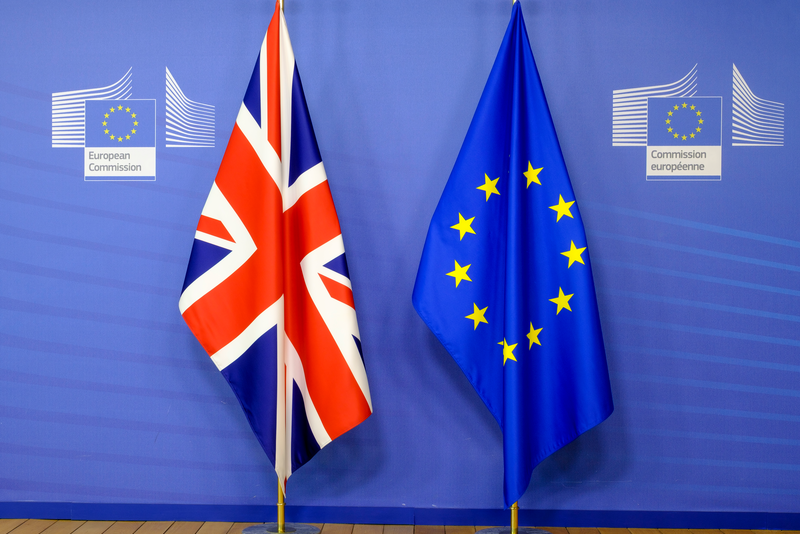By 2024, the regulation of digital markets in the EU and the UK is set to change. The EU Digital Markets Act (DMA), which entered into force on November 1, 2022, will become fully operational by March 2024. The DMA aims to redress the imbalance of power in the digital sector
Likewise, the Digital
Register for free to keep reading
To continue reading this article and unlock full access to GRIP, register now. You’ll enjoy free access to all content until our subscription service launches in early 2026.
- Unlimited access to industry insights
- Stay on top of key rules and regulatory changes with our Rules Navigator
- Ad-free experience with no distractions
- Regular podcasts from trusted external experts
- Fresh compliance and regulatory content every day

















